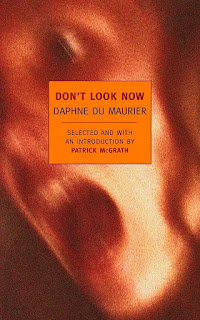First of all, I really enjoyed Latimer's writing. He has a nice sparse yet entertaining style, reminding me of Dashiell Hammett with a spritz of John D. Macdonald (though that maybe because this one took place in Florida). His descriptions of Florida and the beach were incredibly evocative, made me long for the hot sand. He also has a lot of great drinking moments, both in the dialogue and the described actions. They drink a lot, especially Crane, the main detective, who is a self-aware alcoholic. There are also some great snippets of dry detective humour. So a real pleasure to read.
There are two detectives here, Crane and O'Rourke, part of a larger company who has been hired by the trustee of a rich scion, Penn Essex, to protect the heir who has been receiving threatening letters. They go to his waterfront mansion south of Miami and there live the high-life with Essex, his sister and their motley collection of guests. Crane seems to have had a higher class upbringing than O'Rourke, though both seem to have the clothes for the situation. The location, the characters and the various conflicts and things that go down are all very enjoyable. I was really looking forward to how it all played out.
Unfortunately, the plot and to some degree the resolution, was a bit disappointing. Tom's description of Solomon's Vineyard made it sound really hard-boiled. This book definitely had some edge and you got a great sense of the darker side of life, both rich and poor. The plot, however, was a more traditional whodunit, almost a "cozy" in the sense that you were driven to try and solve the mystery of who is sending the threatening letters (and then who is the kidnapper who snatched the sister). I kind of figured it out early but it seemed too obvious. The reveal was even done as a classic parlour presentation. None of it was terrible, it just felt a bit like two genres colliding and the wrong genre for the style winning out. Solomon's Vineyard will remain on my list as will Latimer as the writing style was so good.
One weird thing is that the back cover blurb of this No Exit Press edition gets the name of one of the characters wrong and is just erroneous as only one of them is the sidekick. Quite sloppy!
 |
| The other detective is O'Rourke |




















